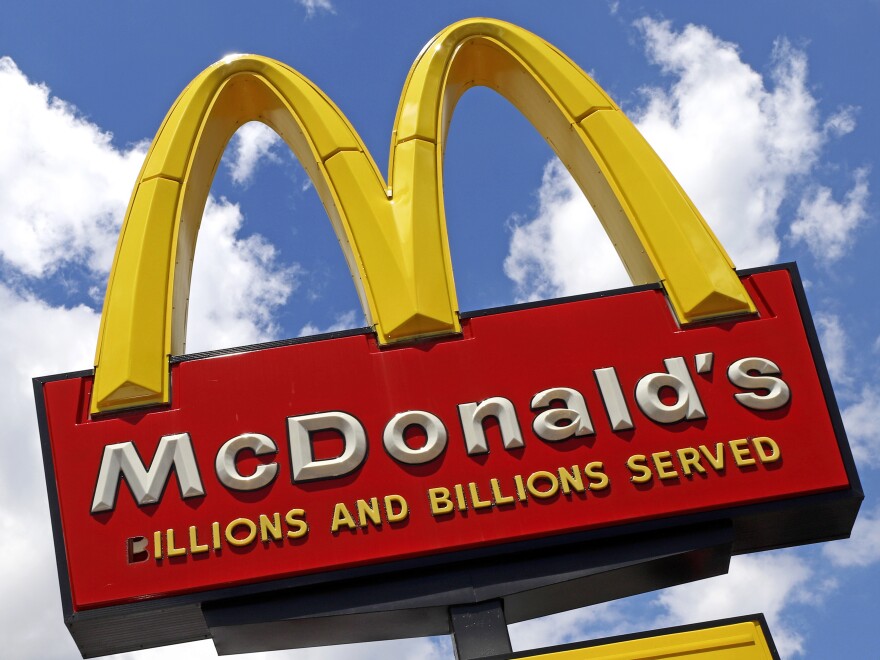A group of 52 Black former McDonald's franchisees is accusing the fast-food giant of discrimination, alleging they were "denied equal opportunity to economic success" compared to their white peers.
A federal lawsuit filed in Illinois alleges that the fast-food chain steered Black franchisees toward certain neighborhoods where sales are lower while costs are higher, leaving them with less money and yet higher scrutiny from corporate headquarters. The franchisees, who ran a total of more than 200 restaurants in the past decade, are seeking up to $1 billion in damages.
Location is key for a fast-food restaurant, and African-American franchisees have long spoken out about higher costs associated with security and insurance as well as upkeep of stores sold to them in poor condition. A report by Business Insider in December showed a ballooning gap between the average cash flow of Black franchisees versus others in the McDonald's system.
"McDonald's knew or should have known that these differential revenue and operating costs of Black-operated franchises as compared to White-operated franchises are not random or due to poor management," the lawsuit said. "These differences are statistically significant and are the result of the historical racial bias and barriers built into the McDonald's franchise system."
McDonald's rejected the allegations, saying they "fly in the face of everything we stand for as an organization."
"Not only do we categorically deny the allegations that these franchisees were unable to succeed because of any form of discrimination by McDonald's," the company said in Tuesday's statement, "we are confident that the facts will show how committed we are to the diversity and equal opportunity of the McDonald's System, including across our franchisees, suppliers and employees."
In a separate lawsuit filed in January, two Black senior executives accused McDonald's of a racial discrimination across the company, saying McDonald's drove out both African-American leaders and franchisees. The company has denied the allegations.
In Tuesday's filing, former franchisees say that they were often rushed or otherwise steered toward older and underperforming restaurants in areas that required big spending on security, staff turnover and store upkeep, and that they were sidelined when trying to purchase more lucrative locations. This meant their average annual sales of $2 million, between 2011 and 2016, were $700,000 short of the nationwide norm, the lawsuit says.
They also allege, among other things, that there were more-frequent inspections of smaller Black-owned franchises than of other bigger ones, including at odd hours and late at night. The lawsuit says McDonald's tactics denied them growth opportunities and eroded their equity, pushing them into significant debt and bankruptcy.
McDonald's said on Tuesday that while it does "recommend" locations, the franchisees ultimately select which to purchase and that cash flow at restaurants of Black operators has been improving. In a video address to staff shared with the press, CEO Chris Kempczinski said the company investigated the claims in the lawsuit, disagreed with them and would "strongly defend" against them.
In June, he told CNBC that McDonald's "has created more millionaires within the Black community than probably any other corporation on the planet, but there's still work to do."
Editor's note:McDonald's is among NPR's recent financial supporters.
Copyright 2021 NPR. To see more, visit https://www.npr.org. 9(MDA5NTM4MTIyMDE0MTg3NDc2MTVlZjdmNQ001))







